Category: Cornucopia
-

A gospel born in grief
It is time now to ponder, after the silence of bereavement. For me the gospel is sometimes hard to believe, often an intellectual challenge, but always a comforting presence. Things go wrong in this world (well, many things go right as well) but in our day and age the things that do go wrong seem…
-

Rankings, Money, and BYU
Money magazine has just released a new ranking of U.S. universities that has received a bit of attention. BYU does quite well, landing in ninth place overall, just behind Stanford, Harvard, Harvey Mudd, and Cooper Union.
-
Mourning and the Gospel
At this moment The Netherlands, like many other countries, are in deep mourning, shocked by the terrible news of the downing of MZ17 in the East of Ukraine. Each of us has somewhere in his or her network people who were in that flight; my faculty lost a whole family, the dean of Liberal Arts…
-
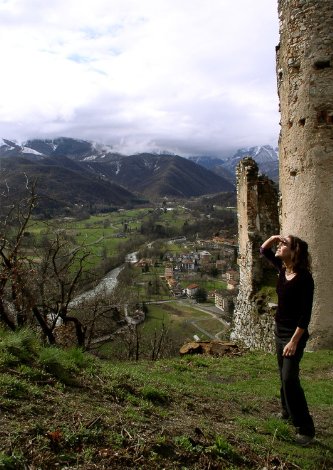
Literary Worship – Sacred Stones
As our one really unique Mormon holiday, Pioneer Day gives us a chance to look back and reflect on our ancestors and others who went before and made our way easier through their good lives and sacrifices. I think of it as a sort of celebration of our collective quest to turn the hearts of…
-

Faithful priesthood narratives?
some of those who speak in opposition to women’s ecclesiastical enfranchisement do so because they can’t imagine what a faithful, coherent narrative of our dispensation could possibly look like if women’s priesthood role were restored and developed or if they did receive the Melchizedek Priesthood
-
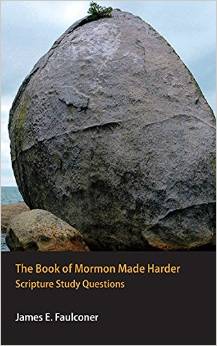
James Faulconer – Making Things Harder
It seems to me that the scriptures offer two types of revelations: (1) they reveal things you didn’t already know, and (2) they reveal that you didn’t know many of the things you thought you knew. Both kinds of revelation are pivotal. And each tends to depend on the other. James Faulconer’s new series of books — The Book…
-

Re-reading Job by Michael Austin
Michael Austin, Re-reading Job: Understanding the Ancient World’s Greatest Poem
-

Laughing with the Bible
Humor in the Scriptures? Come on! The Gospel is serious matter, isn’t it? Yet, humor is there, sometimes clear, sometimes disguised, but the ‘third voice’—the reading of the text from the viewpoint of the author—can be very funny. We saw Balaam being topped by a she-ass, very amusing, but there is a larger example, more…
-

Death and How to Live It
I recently spent time in London with the Mormon Theology Seminar. Most of our days were occupied with work, but we had a little time to play tourist. I did all of the things that a first-time visitor to London is supposed to do:
-

Upcoming Book Events – July 2
If you’re around and interested, Zion’s Books (274 W. Center Street, Provo) will be hosting a roundtable discussion with myself, David Bokovoy, and Joseph Spencer at 6pm on Wednesday, July 2. Janiece Johnson will moderate the discussion. Our topic: “Is Scripture Relevant?”
-

Comfort Those That Stand in Need
Behold, here are the waters of Mormon and now, as ye are desirous to come into the fold of God, and to be called his people, and are willing to bear one another’s burdens, that they may be light; Yea, and are willing to mourn with those that mourn; yea, and comfort those that stand…
-
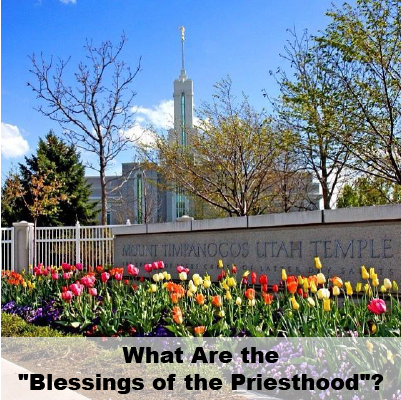
What Are the “Blessings of the Priesthood”?
Ordain Women isn’t asking to have “access to the the ordinances all need to return to God” — something both women and men clearly already have. Rather, they are asking to be ordained to the priesthood and to be allowed to administer those ordinances as men do.
-
David F. Holland on Women in the Church
There is no shortage of interviews, essays, rants, and diatribes that you can read on the topic of women in the LDS Church generally or on Kate Kelly’s excommunication specifically.
-

The Laura F. Willes Center for Book of Mormon Studies
What I tend to lack in quality, I hope to make up for with quantity. And what I lack in training and credentials, I hope to gather and borrow. In many ways, these maxims have guided the time I’ve invested in a project called the Mormon Theology Seminar.
-
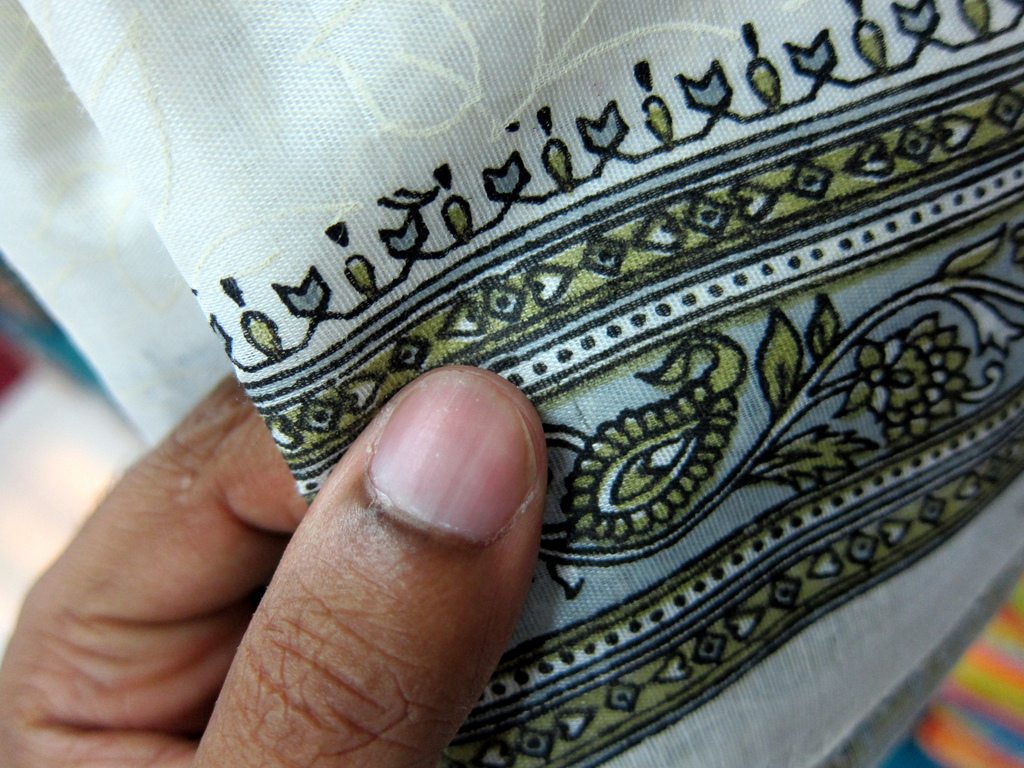
Literary Worship – Miracle
I find the story of the woman with the issue of blood, found in all three Synoptic Gospels, both odd and beautiful. Like most of the recipients of Christ’s miracles, she excites sympathy within me. Twelve years is a long time to be sick, especially with an illness that renders you and anyone who touches…
-
Discussion, Advocacy, and Some Thoughts on Practical Reasoning
I am saddened by Kate Kelly’s excommunication. I wish that events had played out differently. Excommunication in this case strikes me as the worst outcome for all concerned, although obviously my opinion on this matter does not – and should not – matter. I believe her when she says that the decision is extremely painful…
-
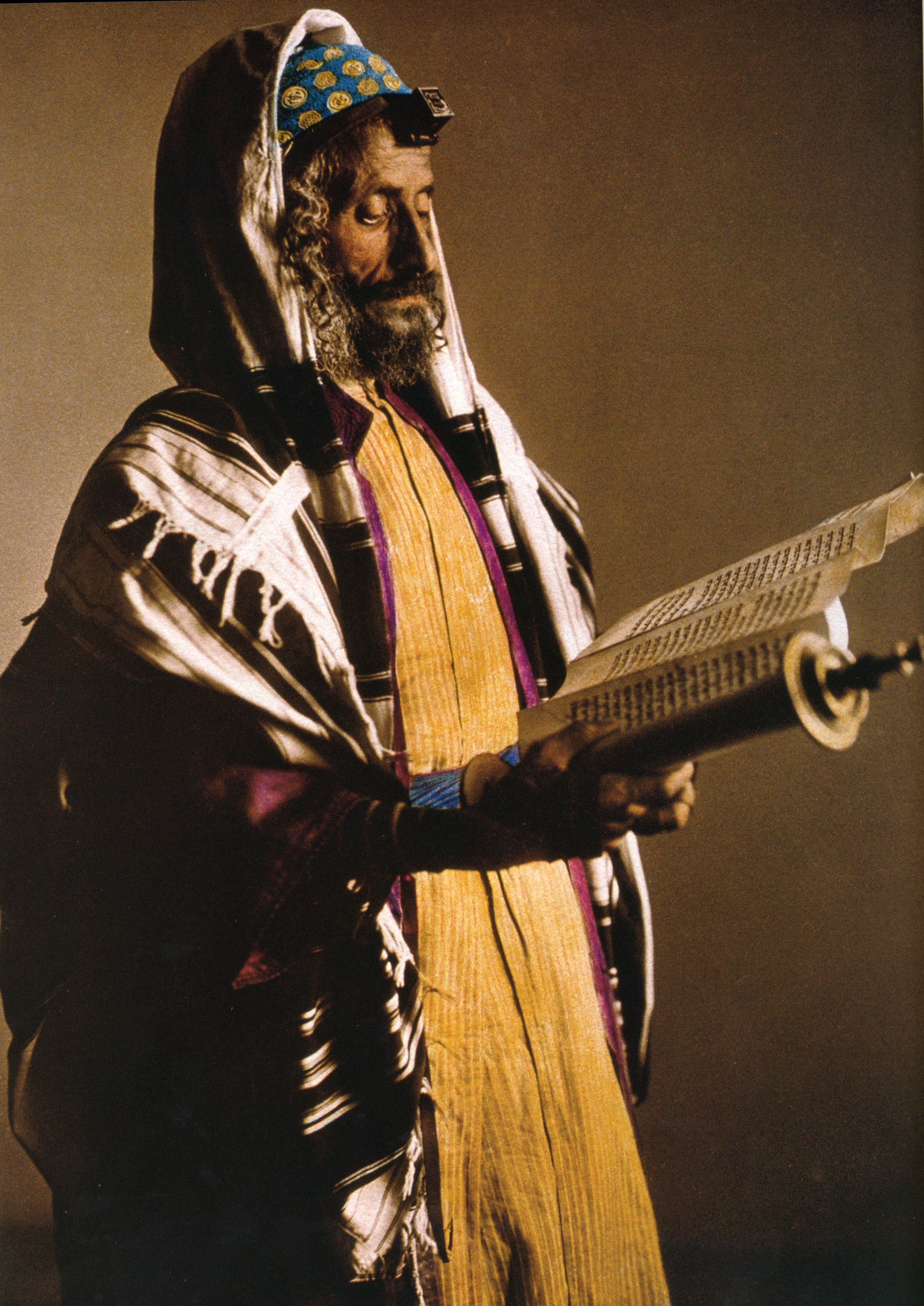
It always starts with a book
When the Lord wants to ‘refresh’ the gospel, He brings forth a book, it seems. The Restoration was triggered with the Book of Mormon, for the Reformation the first printing of the bible in German was indispensable and Christianity became something else than a Jewish sect the moment Paul’s letters and the early gospels came…
-
A House of Order? Serious Problems of Notice in Kate Kelly Excommunication
The disciplinary council for Sister Kate Kelly met yesterday. Today, the council announced that they had decided to excommunicate her, for “conduct contrary to the laws and order of the Church.” This result is very troubling. I have serious doubts about the substantive result here. I will set them aside for this post and instead…
-
Why is the Church Handbook of Instructions not Public?
I don’t know the answer to this question. Let me suggest some possibilities: Perhaps the Brethren are worried that publishing the Handbook will encourage people to treat it as a legal text. There are two possible problems with this. It might then encourage people to use deviation from the Handbook to attack priesthood leaders, when…
-
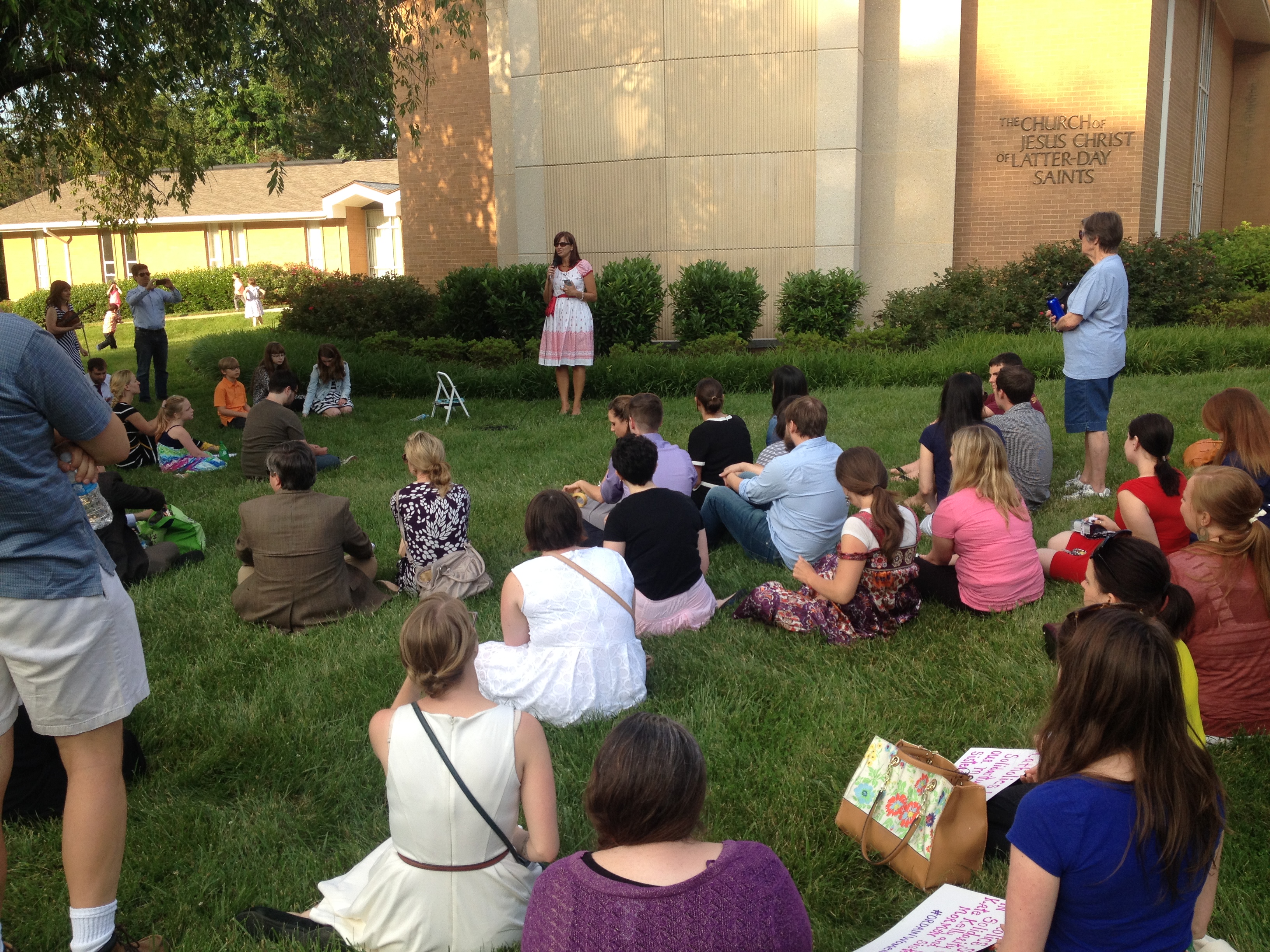
Knocking With My Sisters
One of my most recent posts was an attempt to honestly explore (or at least ask) the question: “How do faithful members collectively petition our prophets to petition the heavens?” The scriptures and the early days of our church are replete with faith-inspiring examples. How do we do it now that we’re millions strong? The answer…
-
Some Thoughts on Church Courts
Karen Hall has an interesting post on church courts that’s worth reading. Her basic point is that church courts fail to comply with some rule of law norms. I would quibble with some of her points. For example I think she slips from the idea of rule of law to the narrower idea of an…
-
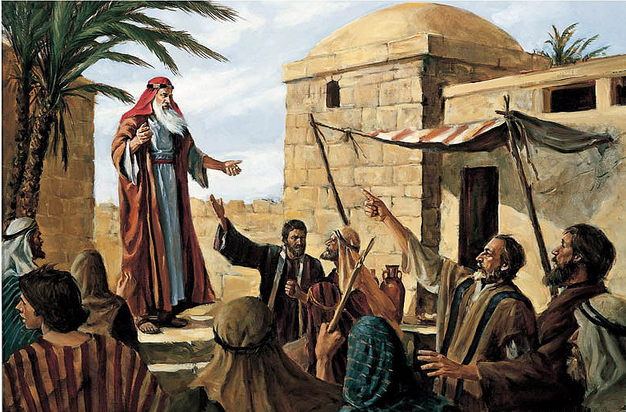
Scriptural Meanderings
Last week I started reading the Book of Mormon again from the beginning. The first day, I made it through 1 Nephi 1. The second day, I made it through 1 Nephi 2:1. For behold, it came to pass that the Lord spake unto my father, yea, even in a dream, and said unto him:…
-

Literary Worship: Eve
Two of the most inspiring parts of life to me are seeing new places and learning new things. So it’s no surprise that I’ve long been fascinated with the story of Eve, the woman who lived in Paradise and gave it up to see and experience things she could never have imagined, and learn things…
-

Priors
In statistics, a popular approach is to think of the statistician as having a set of views (“priors” or “prior distributions”) that are based on past evidence and when new evidence comes in, one integrates that information in and forms a new set of beliefs (“update your priors”). So, for example, if I think I am brilliant…
-

Will No One Rid Me of This Turbulent Priest?
“Will no one rid me of this turbulent priest?” According to popular tradition, this is the line that King Henry II blurted out after repeated disagreements with Thomas Becket, Archbishop of Canterbury. (There are several variations, such as “who will rid me of this meddlesome priest?”) Four of Henry’s knights interpreted this as a royal…
-
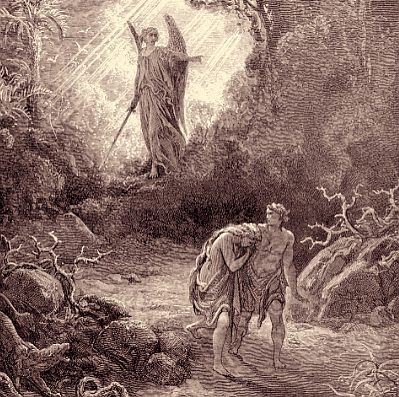
Mourning with those that mourn
Job 1: 20 Then Job arose, and rent his mantle, and shaved his head, and fell down upon the ground, and worshipped, 21 And said, Naked came I out of my mother’s womb, and naked shall I return thither: the Lord gave, and the Lord hath taken away; blessed be the name of the Lord. 22 In all this Job sinned not, nor charged God foolishly. Job 2: 11 ¶Now when Job’s three friends heard…
-
He was naked, and not ashamed
I leaned into the aisle and looked back. And all the way at the back of the chapel, I saw my 3 year old strolling down the aisle, wearing nothing but a Curious George t-shirt and his glory be.
